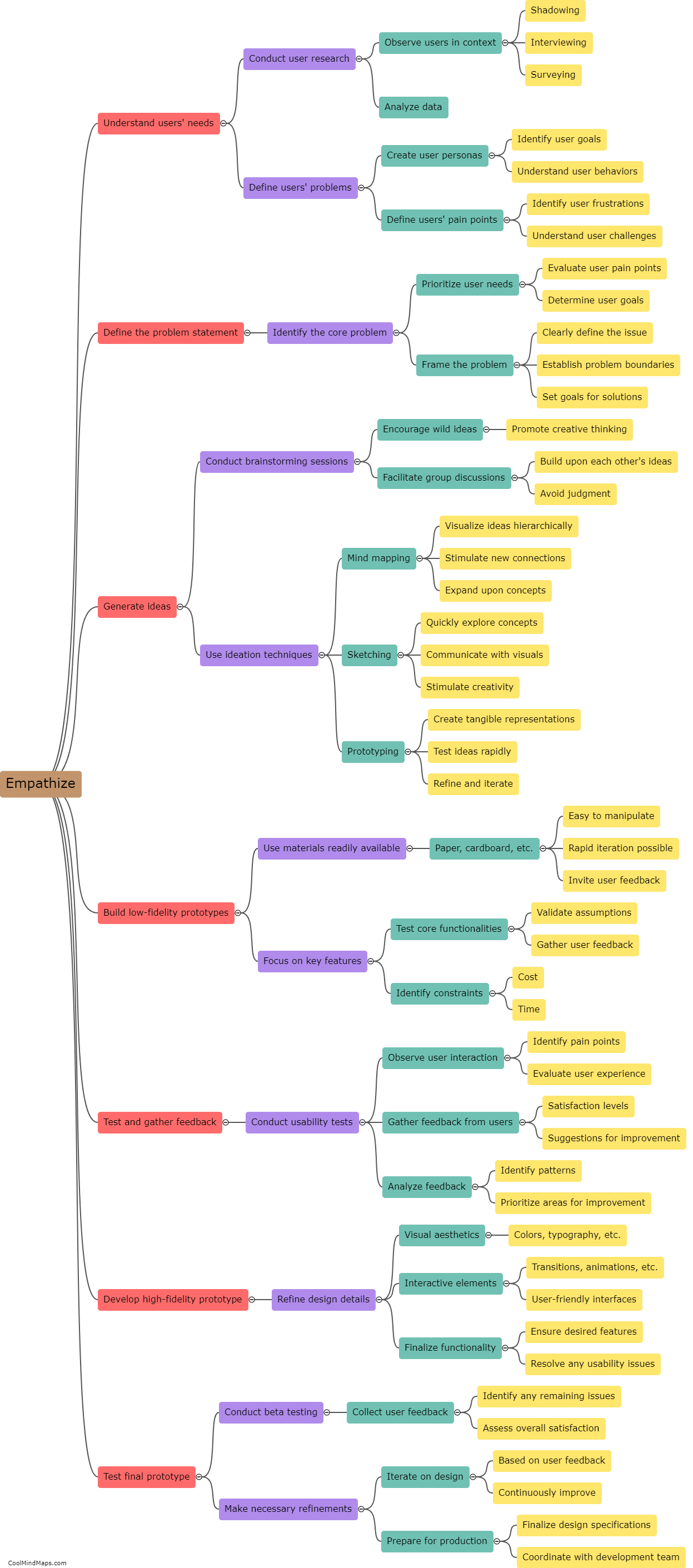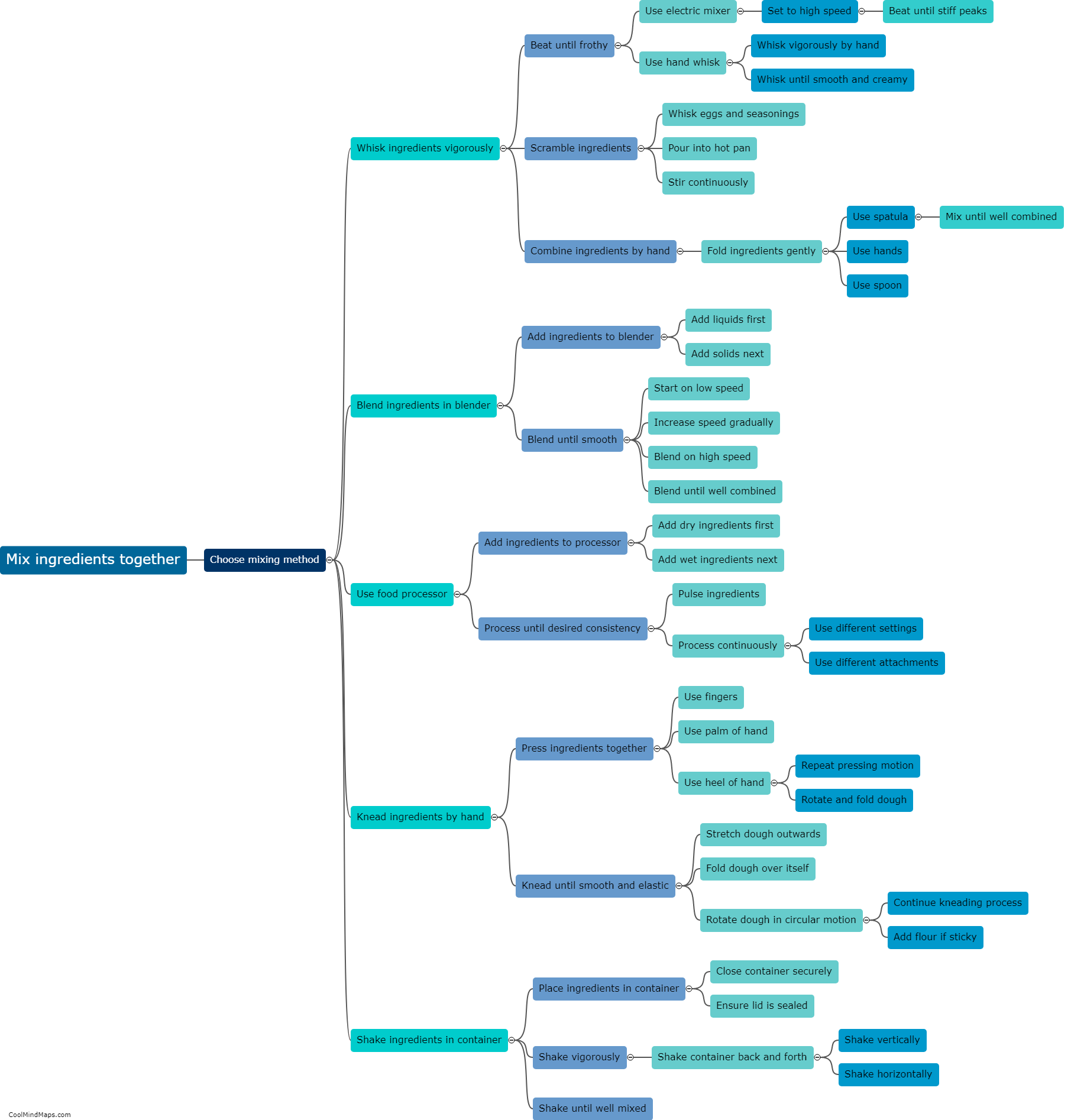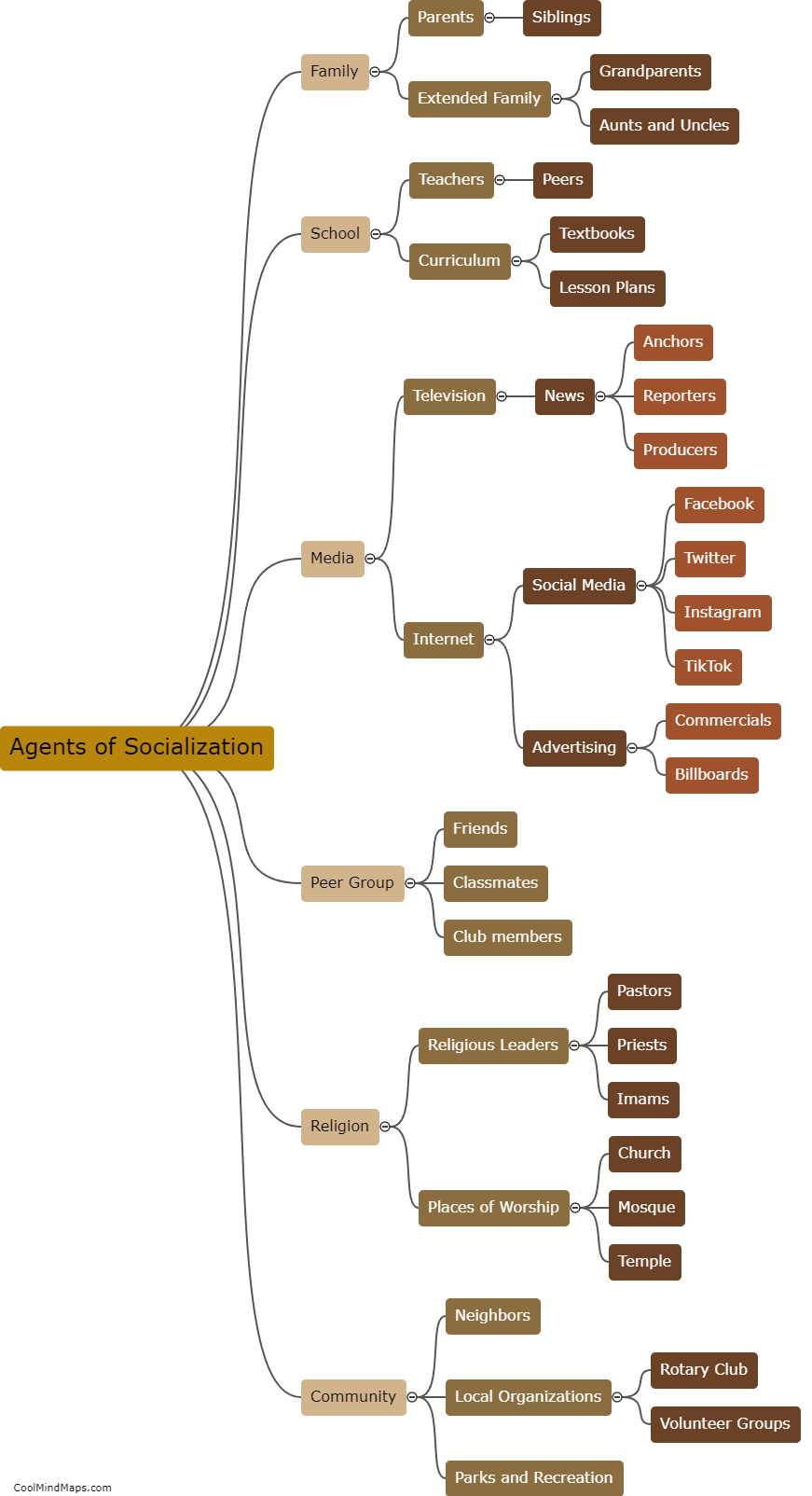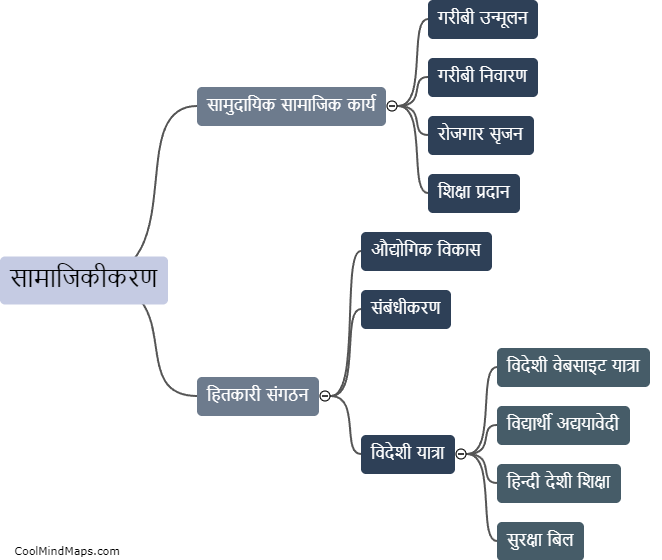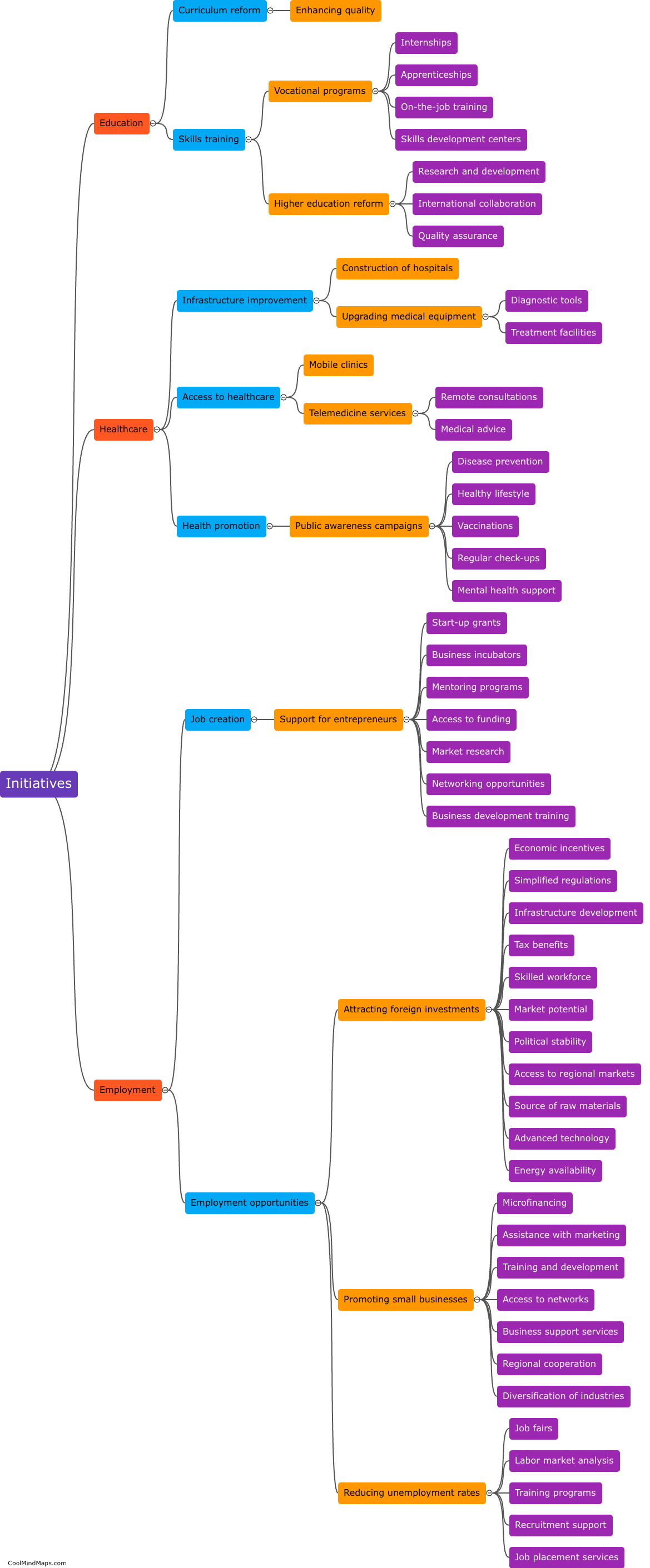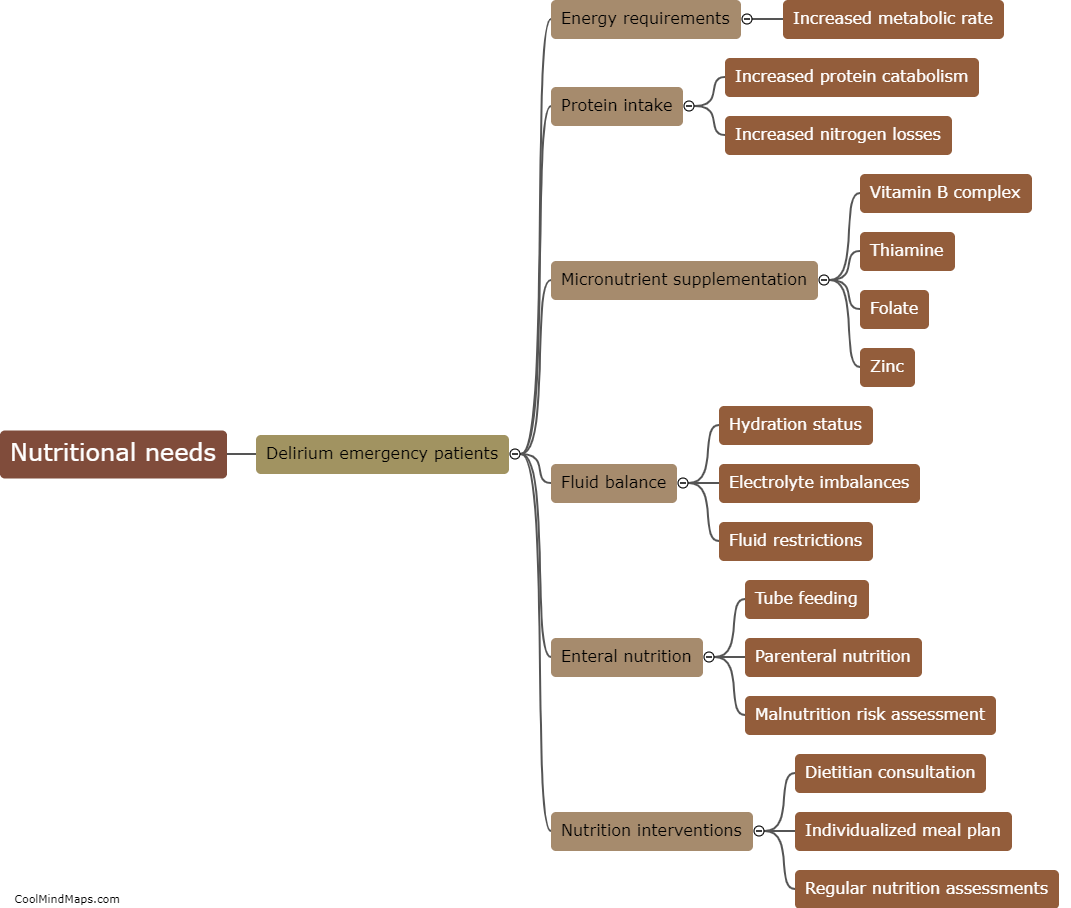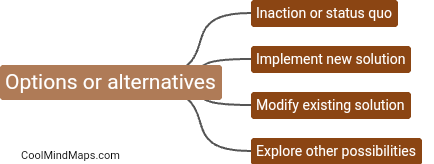What are the potential barriers to managing nutrition in delirium emergency patients?
Managing nutrition in delirium emergency patients can pose several potential barriers. One significant challenge is the altered mental state of delirious patients, making it difficult for them to communicate their dietary preferences or even recognize their need for nourishment. Additionally, the presence of medical equipment and restrictions on oral intake, such as when patients require mechanical ventilation or intravenous fluids, can further complicate the delivery of adequate nutrition. Delirium patients often experience reduced appetite and may exhibit behavioral disturbances that interfere with their ability to eat, thus impacting their overall nutritional status. Furthermore, healthcare providers may lack sufficient knowledge or awareness about the complex nutritional needs of delirium patients, leading to suboptimal nutritional interventions. Overcoming these barriers requires a multidisciplinary approach, involving close collaboration between healthcare professionals, patients, and families to ensure personalized and appropriate nutrition management in delirium emergency patients.
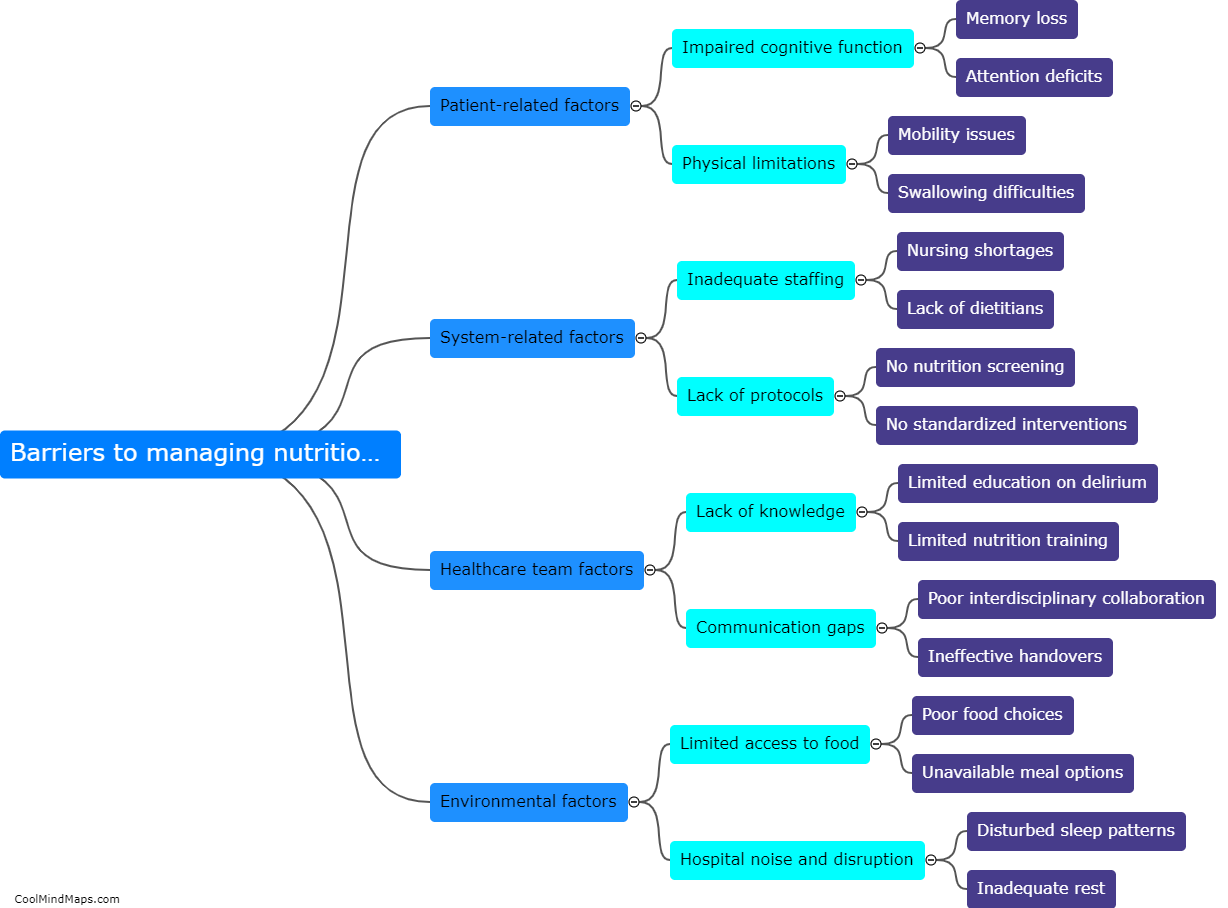
This mind map was published on 1 December 2023 and has been viewed 118 times.
